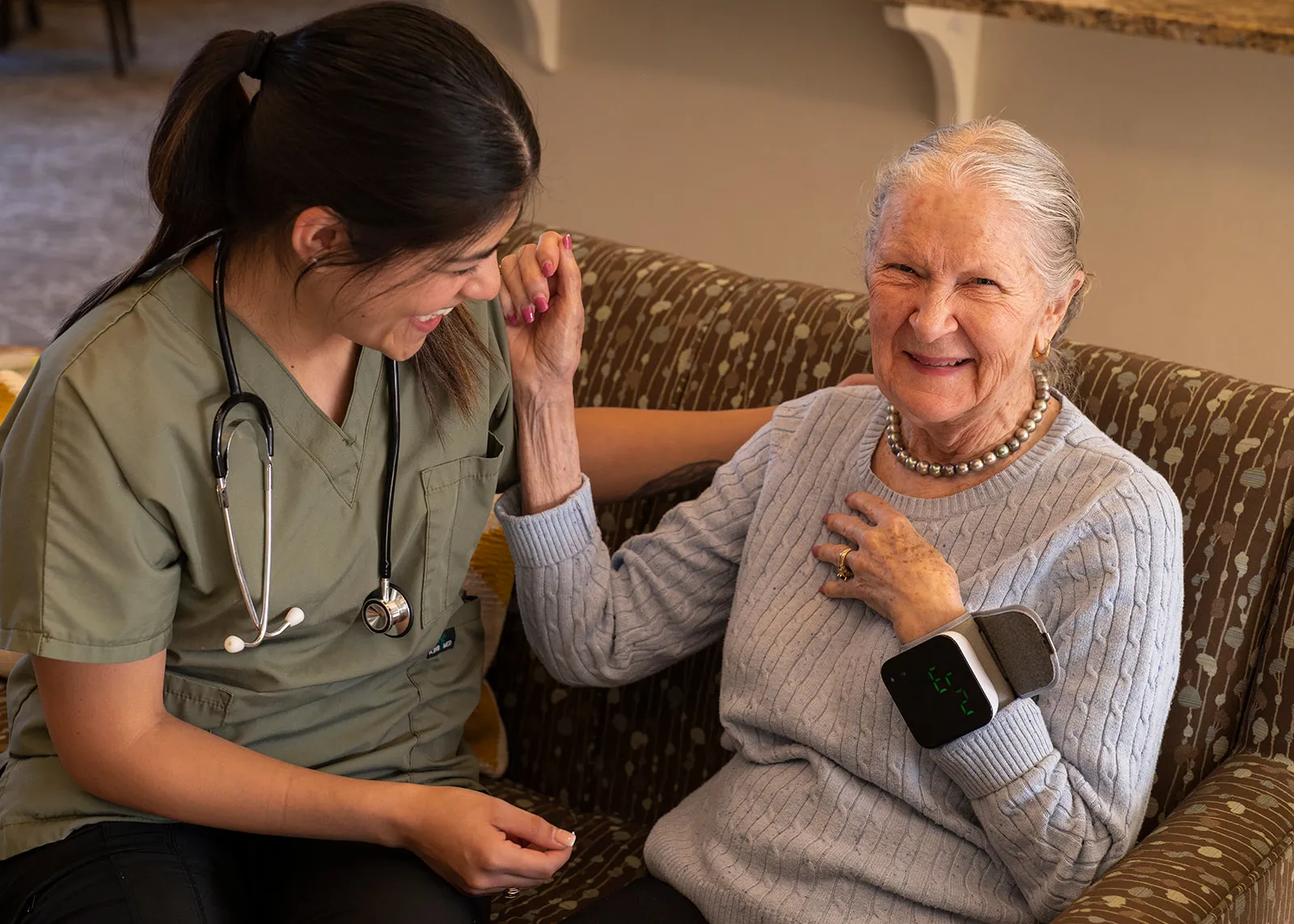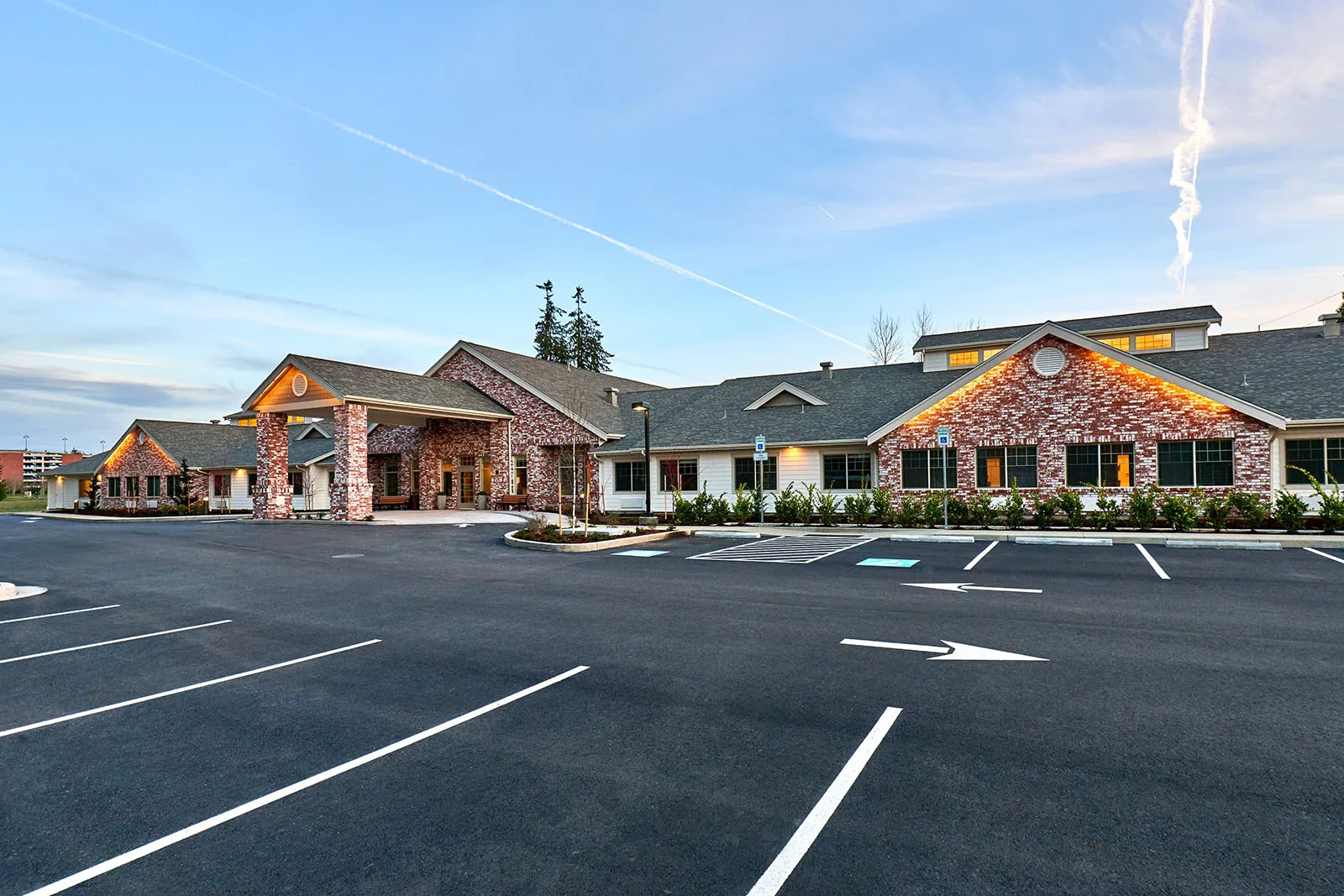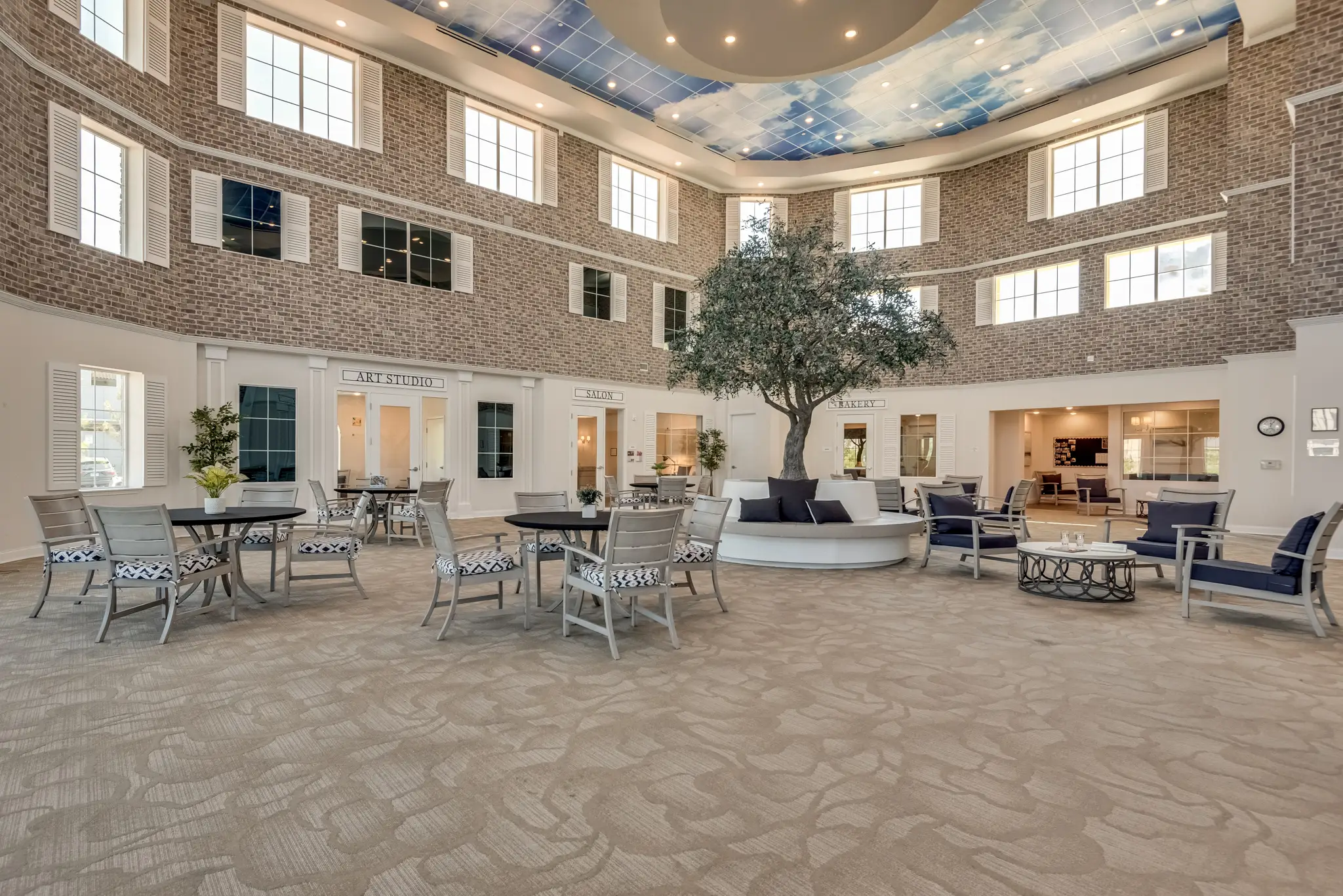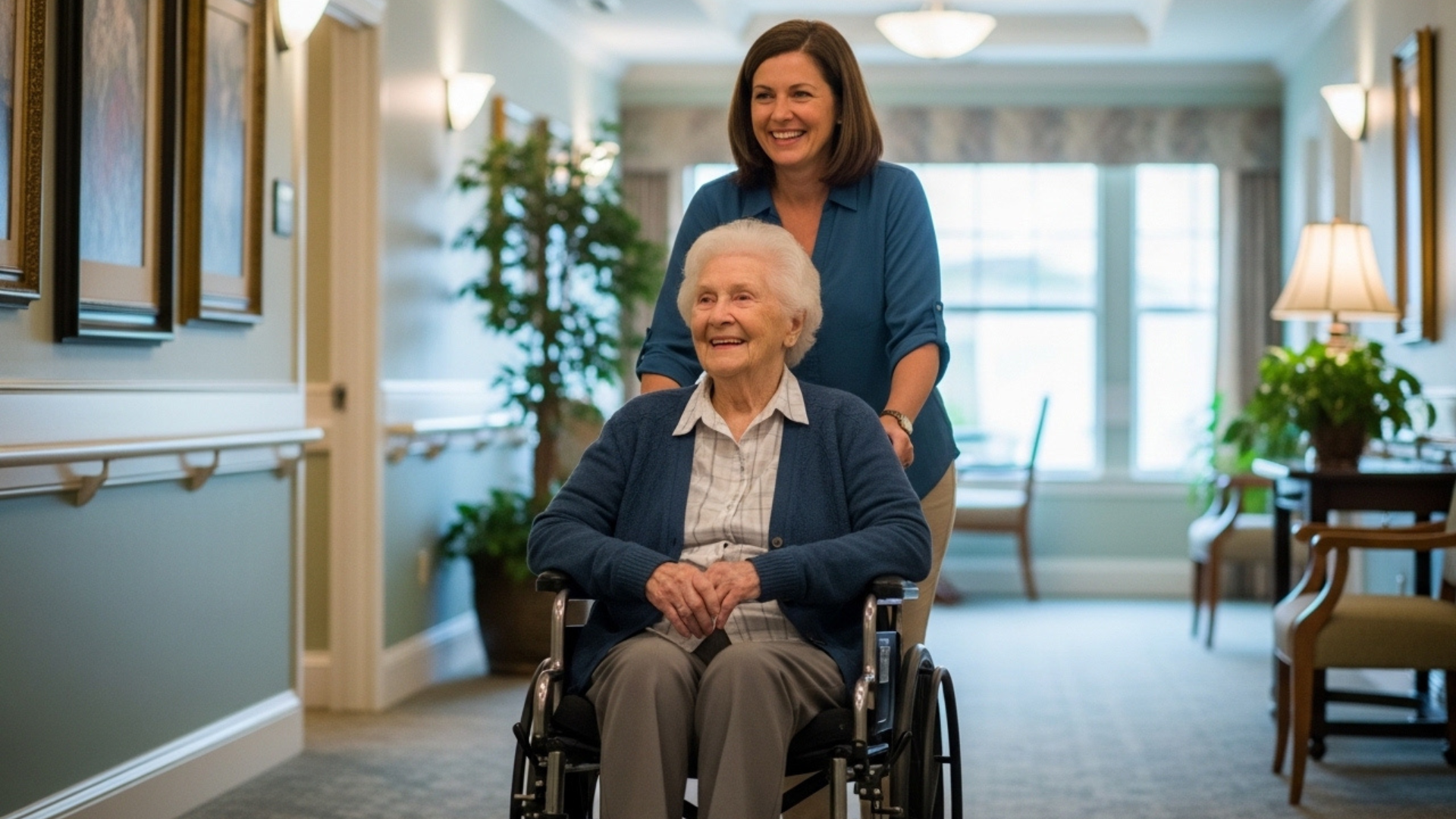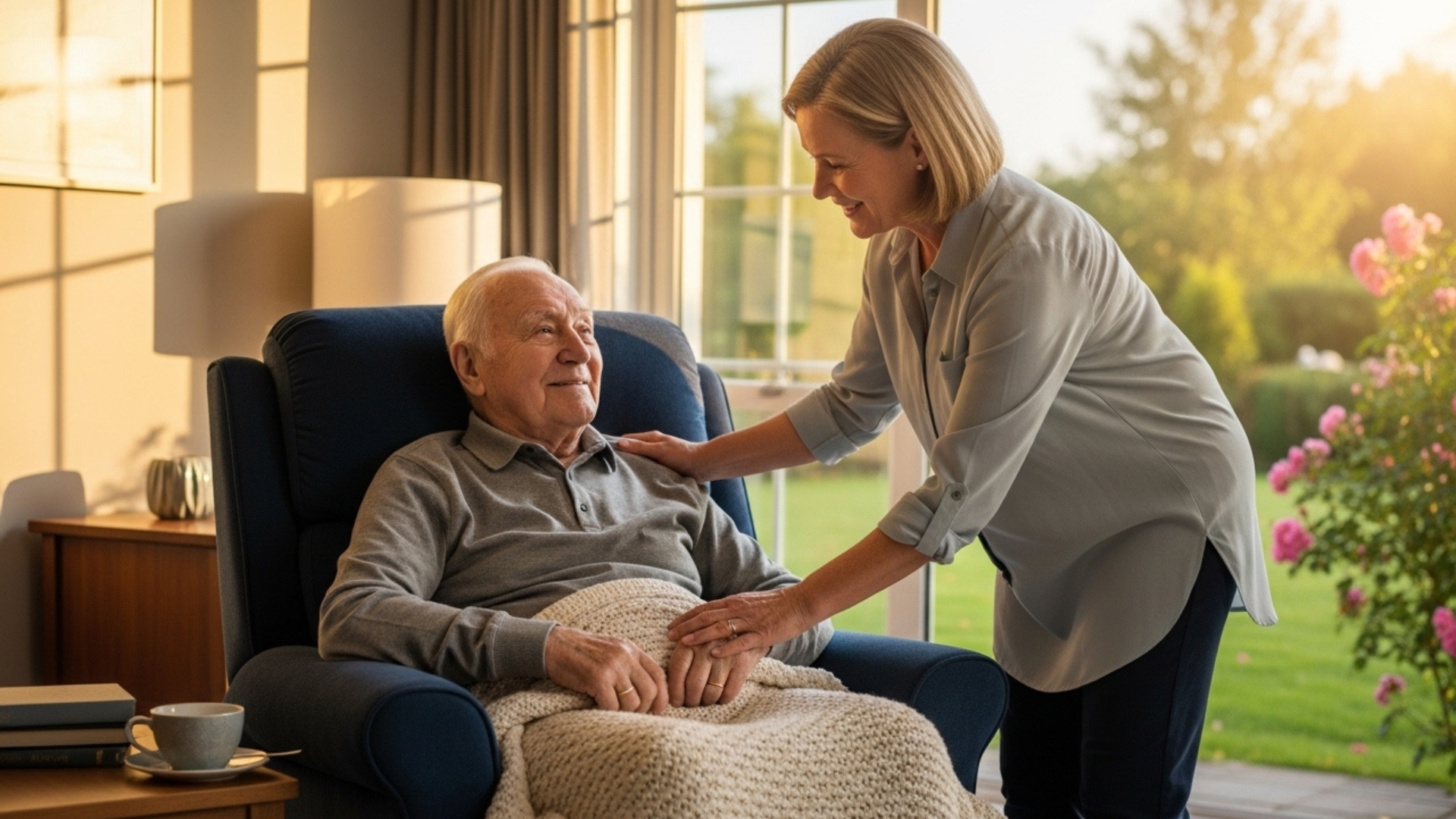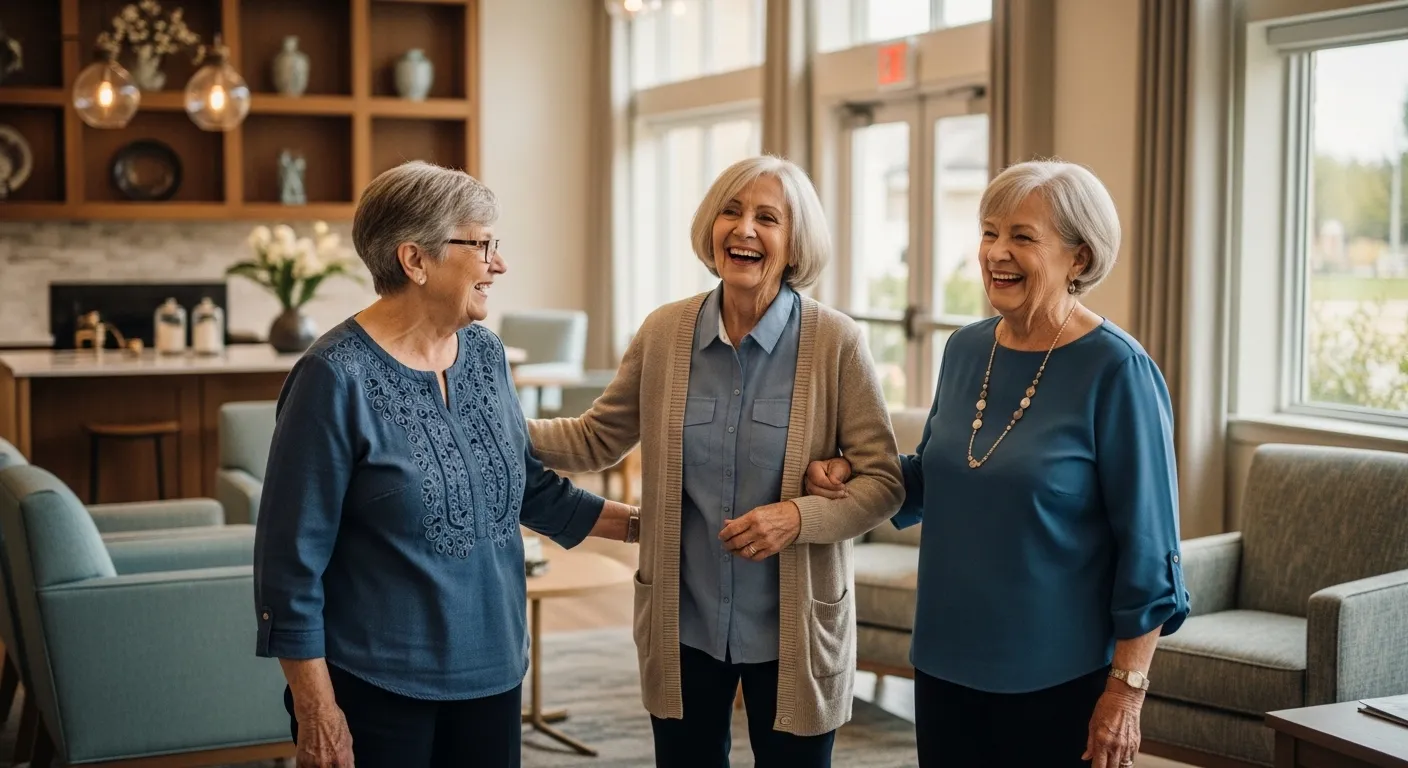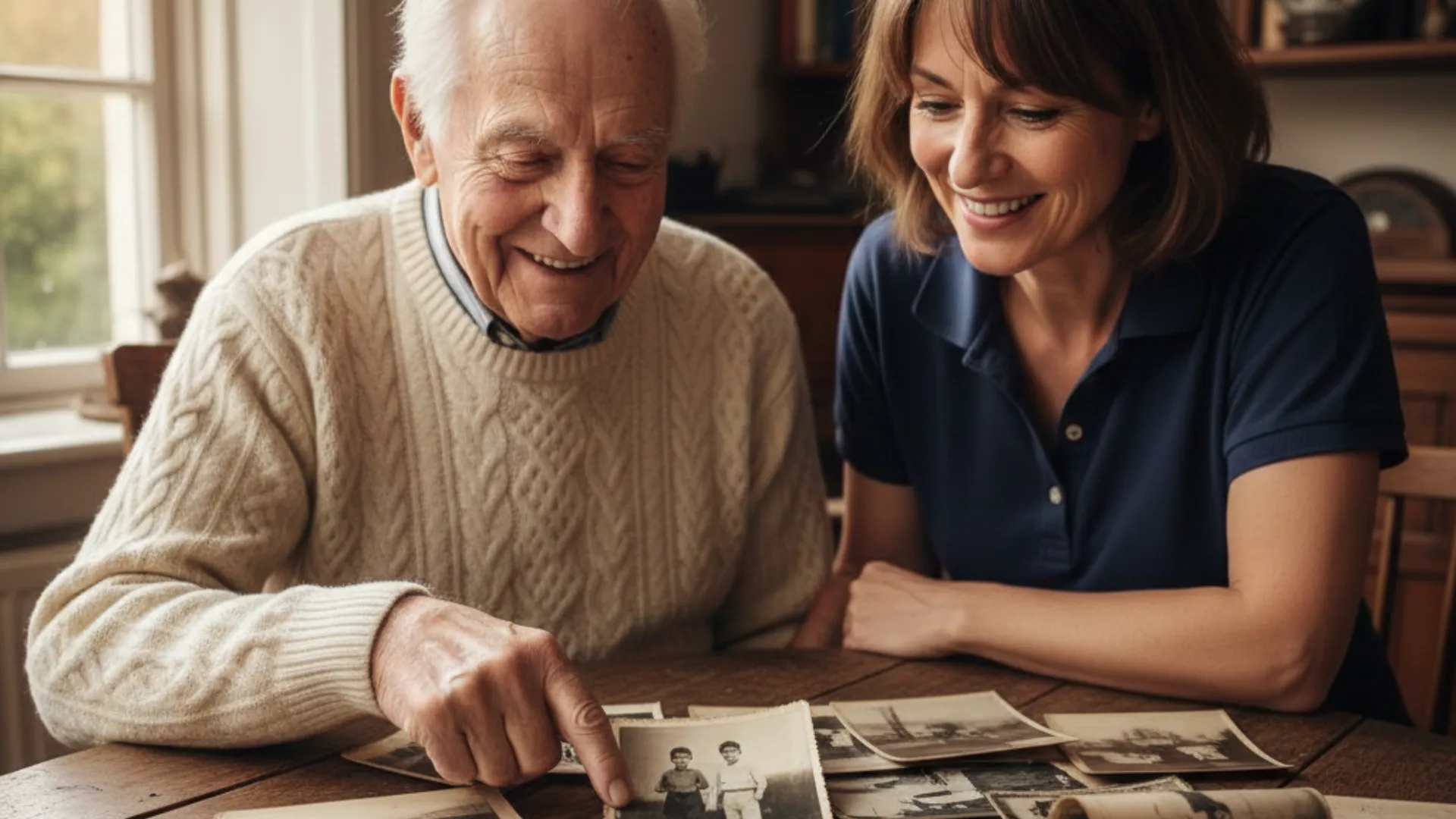The Importance of Social Connection in Senior Living: Building Community at ONELIFE

The need for connection becomes increasingly evident as we age. It is a fundamental human need that transcends time and age and gives us a sense of belonging, support, and fulfillment. Nowhere is this more essential than in senior homes, where fostering social connections is paramount to residents’ everyday well-being and quality of life.
ONELIFE Senior Living is not just an ordinary senior living community for ordinary seniors. Instead, our communities are places where building connections and fostering a sense of community are at the heart of everything we do. From our meticulously designed programs and activities to our commitment to creating a warm and inclusive environment, ONELIFE recognizes that social cohesion is crucial for seniors to thrive and lead fulfilling lives.
In this article, we will explore the importance of social connection in senior living homes, its significance in memory care, and how ONELIFE Senior Living is dedicated to creating a vibrant community where residents can thrive and survive.
The Impact of Social Connection on Seniors’ Well-being
The negative effects of social isolation and loneliness can harm seniors’ mental, emotional, and physical health. Feelings of loneliness can result in depression, anxiety, cognitive decline, and a weakened immune system. It is critical to combat these negative effects by having meaningful human connections.
Numerous research studies have shown that maintaining interpersonal relationships as we age positively impacts overall health and well-being. Engaging in social activities and building relationships with like-minded individuals can improve brain function, enhance emotional well-being, lower the risk of chronic diseases, and increase general longevity in seniors.
Regular social interaction has been linked to improved mental acuity, memory retention, and cognitive flexibility. It can also reduce stress, boost self-esteem, and enhance one’s general mood. Furthermore, social engagement encourages physical activity, increases mobility, and improves cardiovascular health.
Creating a Vibrant Community at ONELIFE Senior Living
Designing common areas and facilities to foster socialization: At ONELIFE, our communities are designed with socializing in mind. We provide inviting and comfortable common areas where residents can get together, engage in conversations, and foster companionship. Whether cozy lounges or a comfortable and accessible outdoor space, we value creating spaces that promote social interaction.
Organizing social events, activities, and clubs: A strong community is built on shared experiences, common interests, and hobbies. This is why we organize a myriad of social events, activities, and clubs that cater to the diverse preferences of our residents. From art classes and fitness programs to book clubs and game nights, there’s always something for everyone and anyone to enjoy and connect over at our senior living homes.
Encouraging participation and engagement among residents: Active participation is key to building a thriving community. ONELIFE actively encourages our home residents to get involved and share their ideas, talents, and passions. Whether volunteering, leading a workshop, or participating in resident-led committees, everyone’s voice is heard, valued, and respected.
Promoting connections across generations: We recognize the tremendous value of intergenerational connections and the enriching experiences they enable. Through partnerships with local schools, community organizations, and volunteer programs, we help to facilitate opportunities for our residents to interact with younger generations who live in a vastly different world today. These kinds of interactions aid a mutual understanding and bridge generational gaps - creating a sense of purpose and fulfillment.
The Significance of Social Connectedness in Memory Care
Social engagement is particularly important for individuals receiving memory care due to its numerous benefits for their overall well-being and quality of life. Here are some key reasons why social connection plays a crucial role in memory care:
Emotional Support: Memory care residents often face challenges or diagnoses such as memory loss, confusion, and cognitive decline. Social connections offer emotional support, comfort, and understanding during these difficulties. Interacting with compassionate caregivers and engaging in social activities with other residents can help reduce these feelings of anxiety, frustration, and isolation commonly associated with memory-related conditions.
Mental Stimulation: Social interaction stimulates cognitive functioning and mental engagement. Engaging in conversations, discussions, and activities with others can help an individual to exercise memory, attention, and problem-solving skills. Social connections offer opportunities for mental stimulation and can potentially slow down the progression of cognitive decline by keeping the mind active and engaged.
Sense of Belonging: Residents who require memory or dementia care services and live in senior care homes often experience a sense of loss or a disconnect due to deterioration in their cognitive ability and function. They can combat feelings of loneliness and isolation by building social connections within the memory care community. Moreover, participating in group activities and sharing experiences with others facing similar challenges can offer them a sense of belonging and create a supportive environment where they feel understood and accepted.
An Enhanced Quality of Life: Social engagement improves seniors’ quality of life in memory care. Regular interaction promotes positive emotions, reduces stress, and enhances general well-being - leading to increased happiness, contentment, and a more positive outlook on life, despite the challenges associated with memory loss.
Memory Stimulation and Reminiscence:Socializing can stimulate memory recall and encourage reminiscence. Conversations, storytelling, and sharing memories with others can trigger recollections, preserving a sense of personal identity. Social connections provide opportunities for residents to connect with their past, share lived experiences, and maintain a sense of self.
Caregiver-Resident Bonding: Less emphasized is the social connection between memory care residents and their caregivers, that are essential for building trust, promoting personalized care, and creating a comfortable environment. A strong caregiver-resident relationship based on trust and dignified rapport improves communication, understanding of individual needs, and tailored support. This bond contributes to a positive care experience and promotes memory care residents’ sense of security and well-being.
Benefits of Social Connection in Senior Living
Social connection has a profound impact on seniors’ emotional well-being. When actively participating in social activities and forming meaningful relationships, seniors experience improved emotional well-being and reduced loneliness. Regular social interaction provides emotional support, a sense of belonging, and the opportunity to share joys and challenges with peers, all leading to improved mental health.
Engaging in activities that promote social interaction also has tangible benefits for physical health and longevity. Research shows that seniors with strong social connections tend to have lower rates of chronic diseases and better physical functioning. Social activities, especially those at senior living homes, often involve physical movement, promoting exercise and mobility and improving physical well-being. Additionally, the emotional support and companionship gained from social connections can reduce stress levels, thereby boosting the immune system.
Cognitive benefits and mental stimulation are other outcomes of social interaction in senior living communities. Engaging in conversations, debates, and intellectual pursuits in social interactions can sharpen thinking abilities and help prevent memory deterioration. Social connection stimulates the brain, promotes curiosity, and encourages learning, improving cognitive functioning and mental well-being.
In senior living communities like ONELIFE, the importance of social cohesion cannot be overstated, especially for individuals diagnosed with memory-related illnesses. By prioritizing social interactions and community building, we create an environment that nurtures emotional well-being, stimulates cognitive function, and enhances residents’ quality of life.
Through a range of activities and programs, we promote a culture of interconnectedness among residents. Group exercises and fitness classes keep residents physically active and provide opportunities for camaraderie and companionship in the legacy years. Recreational activities and hobbies tailored to individual interests also allow residents to engage in meaningful and enjoyable experiences while fostering connections with like-minded individuals.
The benefits of social connection in senior living homes, particularly in memory care, are abundant. The positive outcomes are improved emotional well-being, reduced loneliness, improved physical health, and increased cognitive stimulation. Social connection also fosters a sense of purpose, strengthening support systems and creating a nurturing environment where residents are set up to thrive.
In conclusion, social connection is not just a buzzword in senior living communities like ONELIFE—it is the foundation upon which a vibrant and fulfilling life is built. By prioritizing social interactions at the heart of everyday life, these communities empower seniors to live their best lives, enhancing their well-being, nurturing new and old friendships, and creating a sense of purpose and fulfillment. In the journey of aging gracefully, the social connection remains a critical ingredient for seniors to lead a fulfilling and meaningful life. Contact ONELIFE or visit our website today to find out more about how we can make your or your loved one’s legacy years count.
Contact us
learn more about our
community

More Articles & Resources
EXPLORE THE ONELIFE COMMUNITIES








